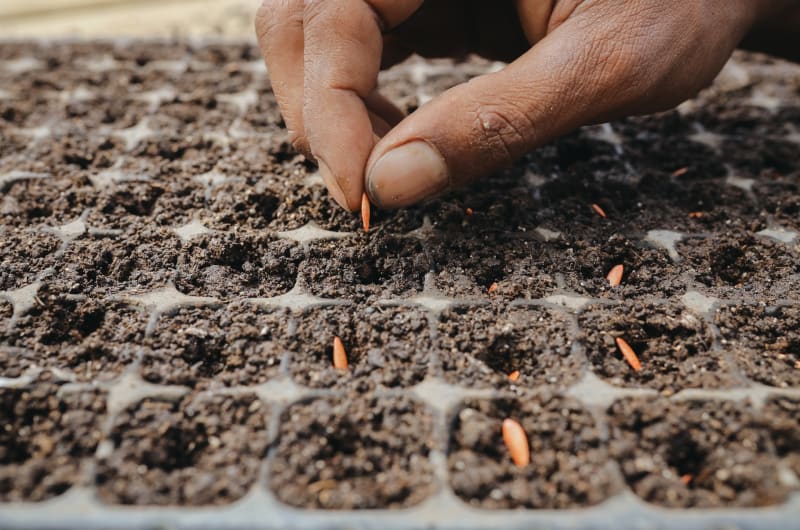This article was originally published in Compassion Canada’s Summer 2020 Magazine.
Because we are so committed to and focused on individual child development, a common myth about Compassion’s program is that we don’t do wider community development projects. But the fact is, we invest a lot in community development through what we call our Complementary Interventions. You’ve probably even given to some before—things like water and sanitation projects, vocational skills workshops or giving livestock to families in poverty. These projects are funded by donations that are outside of regular child sponsorship.
Take a look at some of the common myths about Compassion’s programs around the world.
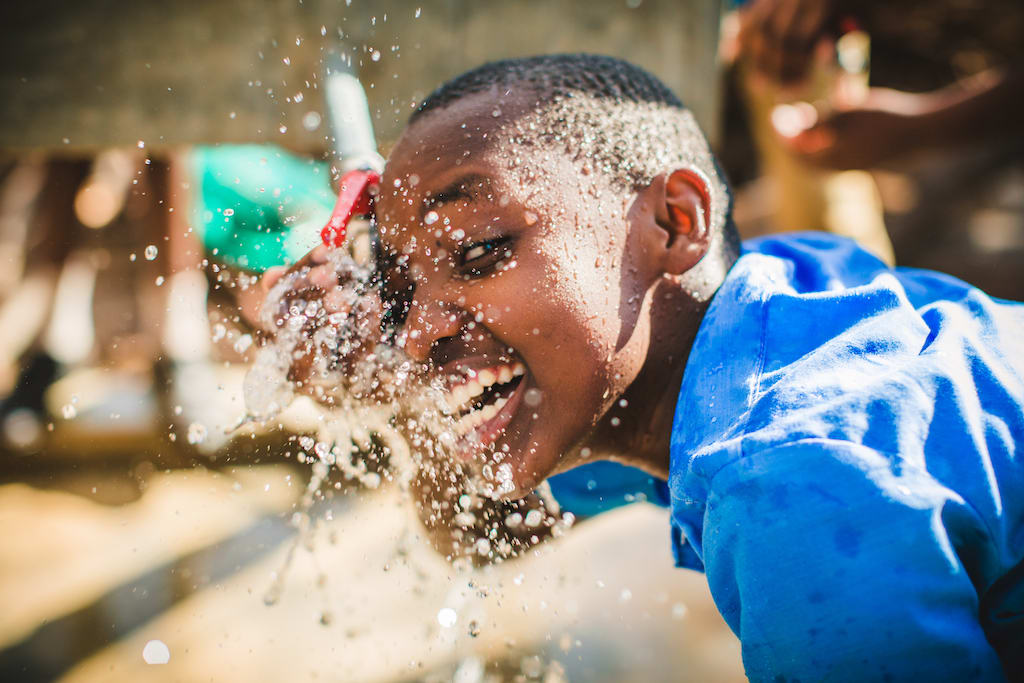
MYTH: Digging wells is unsustainable.
FACT: We never dig a well unless a local church takes ownership over its sustainability.
Because all of our community development interventions—including digging wells—are both initiated and implemented by one of Compassion’s local church partners, water projects are locally owned and never abandoned. Local churches identify the need for clean water in their community and approach Compassion with a proposal. Once approved, the local church leads the entire project—working with local contractors and members of the community to educate on how to maintain the project and to ensure the unique needs of their community are met
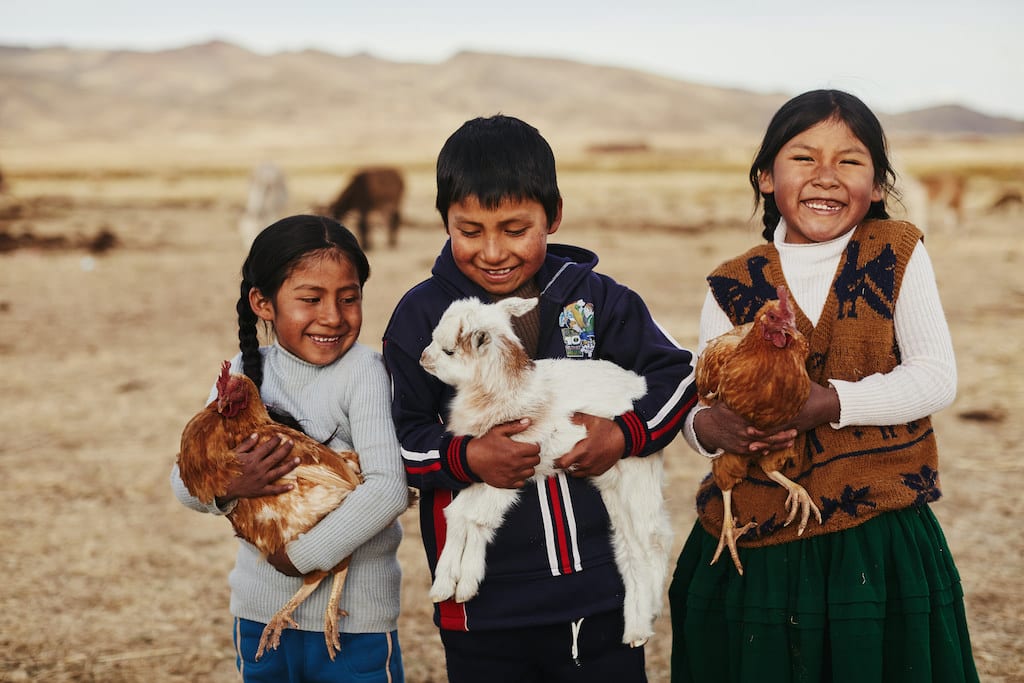
MYTH: Giving livestock to families is irresponsible.
FACT: When accompanied by training and support, the gift of locally sourced livestock can by a powerful way to lift families out of poverty.
Like all our community development initiatives, providing families with livestock is always initiated and implemented by Compassion’s local church partners. They partner with local veterinary professionals and local livestock suppliers to purchase the livestock. They carefully consider which families in the community will benefit from livestock. Then, training is provided to the families to ensure they know how to raise healthy animals using sustainable and humane practices. Families are also provided with the supplies needed to raise livestock, such as materials to construct shelter for the animals.
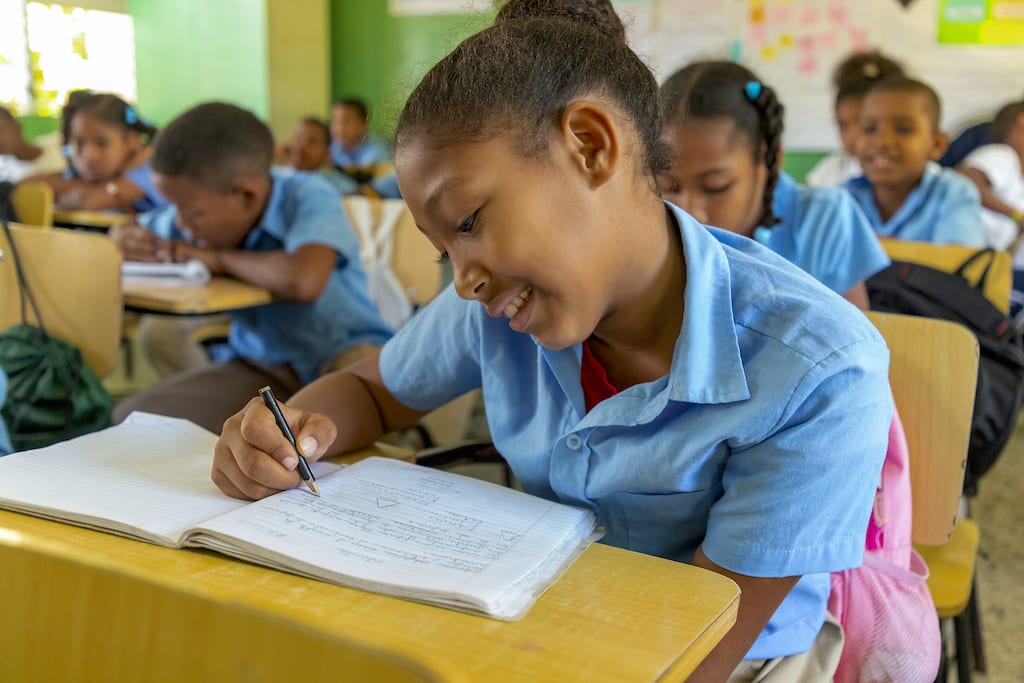
MYTH: Compassion centres are schools.
FACT: Most sponsored children attend their local public school.
While some of Compassion’s local church partners do run private schools that are attended by some of the children sponsored by Compassion in their community, most sponsored children attend their local public school. Sponsorship provides for any necessary school supplies, uniforms and fees. Sponsorship also provides weekly programming at the Compassion centre that strengthens children’s educational experience through tutoring, extra complementary classes and other educational opportunities.
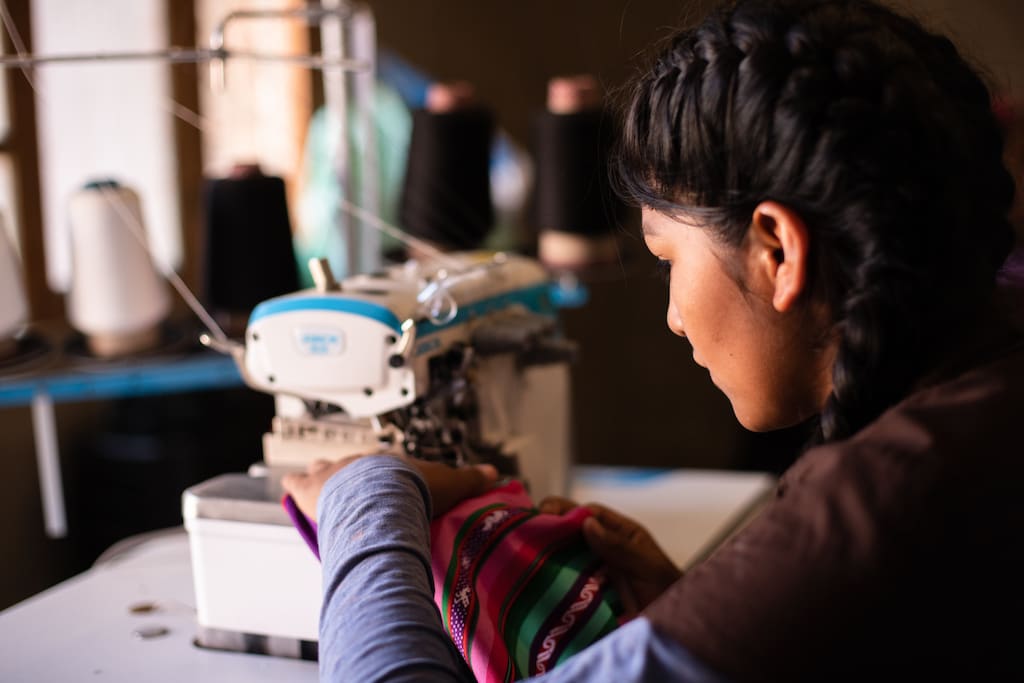
MYTH: Youth need to attend college or university in order to be successful.
FACT: Vocational training can set youth up to flourish.
Some youth in Compassion’s program aspire to attend college or university. But many opt to engage in vocational training, which can set them up for successful futures just as well as college or university! Many Compassion centres provide youth with the opportunity to learn skills like hairdressing, carpentry, baking, sewing and more. These vocational workshops enable youth to graduate from Compassion’s program with the skills to provide for their families and flourish both personally and professionally.
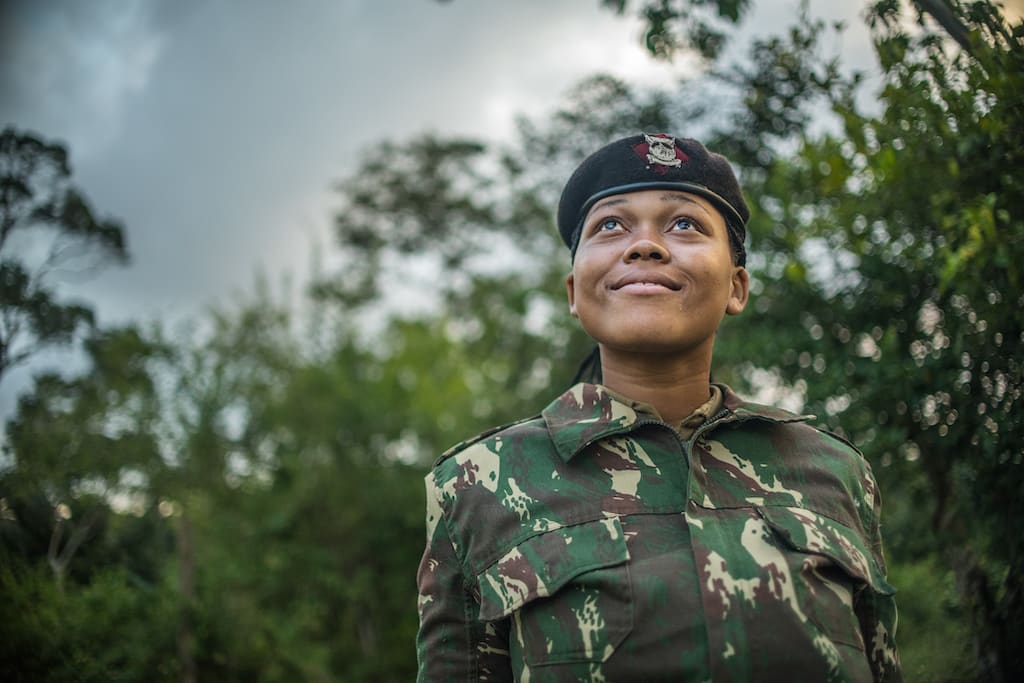
MYTH: Local authorities in the countries where Compassion works are corrupt.
FACT: Compassion partners with local authorities to protect children—and many Compassion alumni go on to be part of their local police force or government.
Corruption is certainly a reality, but unfortunately it is also an exaggerated stereotype of many of the countries where Compassion works. The reality is that Compassion’s local church partners often work with local authorities to protect children from things like child marriage, sex trafficking or female genital mutilation (FGM). Moreover, many Compassion alumni join their local police force or government offices once they graduate, bringing with them the values they learned at their Compassion centre—values like integrity, courage and compassion.




